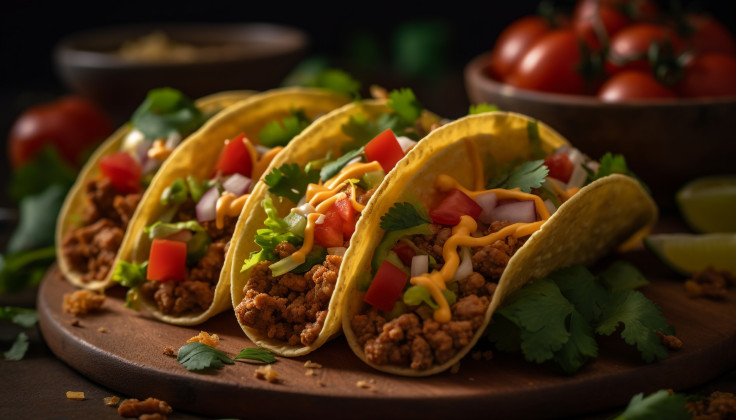
The influx of international visitors and residents to Mexico City has led to notable changes in local culinary practices, particularly increased sensitivity to the spiciness of traditional salsas and dipping sauces among foreign customers.
In response, some owners have removed serrano chiles from pico de gallo, leaving only tomatoes, onions, and cilantro, to offer a milder option. They still provides spicier salsas, but try to attract more visitors by accommodating their tastes, The New York Times reported.
Chiles are integral to Mexican cuisine and cultural identity, with many Mexicans viewing spicy food as essential. Isaac Palacios, a Mexico City resident, emphasized this sentiment to the outlet, noting that food without spice is often considered inferior by many locals. However, the pandemic has accelerated the city's popularity among international tourists and remote workers, particularly Americans, leading to significant gentrification in certain neighborhoods.
This has brought more English speakers, higher rents, and a proliferation of boutiques and coffee shops. It has also sparked a debate over the adaptation of traditional foods to suit international palates.
Some taco shops have labeled their salsas with spice-level indicators to assist non-Spanish speakers. At Los Juanes, a popular stand, staff reduced the heat of one salsa after receiving feedback from international customers. However, not all establishments have felt compelled to adapt. Guadalupe Carrillo, manager of Taquería Los Parados, stated that their salsa recipes remain unchanged, insisting that foreigners should adapt to Mexican customs and flavors.
Social media has amplified the debate, with influencers like Carmen Fuentes León criticizing the milder salsas in gentrified neighborhoods. A TikTok video of hers, which blamed foreigners for the changes, garnered millions of views and widespread support.
Sergio Goyri Álvarez, whose family owns the El Califa chain, refuted claims that their salsas had become milder, noting that they even introduced a new, spicier habanero salsa. While El Califa has made other adjustments, such as offering English menus and vegetarian tacos, Goyri insisted that their core culinary identity remains unchanged.
Adrián Hernández Cordero, a sociologist studying gentrification and food, suggested that the focus on international influences in the salsa debate might be overstated. He pointed out that some Mexicans, particularly in urban areas, have reduced their spice consumption due to health concerns.
© 2025 Latin Times. All rights reserved. Do not reproduce without permission.





